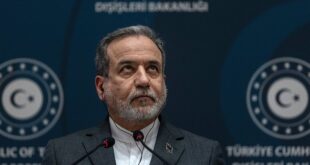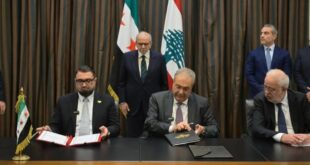The Macedonian opposition has blocked the adoption of the national budget for next year, as it battles with the government over proposed loans.Parliament’s Commission on Financing and Budget is blocked with over 1,200 amendments submitted by the opposition Social Democrats, SDSM.
This makes it uncertain whether the commission will have time to submit the draft budget for adoption at a plenary session set for December 24 and meet the deadline before the year’s end.
The opposition has resisted the government’s plan to raise two fresh loans from the World Bank at the start of next year, altogether totaling between 250 and 300 million euros. In order to raise the loan, the government needs approval from the parliament.
“Their blockade of the budget and of the loan… will cost Macedonia an additional and unnecessary 84 million euros,” Finance Minister Zoran Stavreski told media.
He said that if the budget is not adopted, the government will have to find money elsewhere, for example by issuing Eurobonds that do not require parliamentary approval. But he says that the interest rate for those bonds would be double that of World Bank loans.
The Finance Ministry submitted the draft budget to parliament in early November. It plans to spend 2.7 billion euro in 2013, while revenues are estimated at 2.4 billion euro. It intends to plug the gap through loans.
The opposition so far has rejected the plan, insisting that the government, led by Prime Minister Nikola Gruevski, has already raised the country’s debt too much.
“SDSM will use all mechanisms available inside and outside the parliament to prevent this ruthless indebting, and a Greek [debt] scenario for Macedonia,” said the vice president of the opposition party, Zoran Jovanovski.
They suspect that the government plans to spend the freshly borrowed money on projects they consider unnecessary, such as the grand revamp of the capital- ‘Skopje 2014’- and support for its election campaign for the local elections slated for March.
Government debt rose sharply this year when Macedonia took out or agreed to take out almost 700 million euros in loans from foreign banks and financial institutions.
In April, the World Bank offered Macedonia $100 million [75 million euro] to pursue economic reforms and address health, education and social welfare issues. Earlier that month the country took a loan of 250 million euro from Deutsche Bank to fill the budget gap.
In November 2011, Macedonia borrowed 130 million euro from Deutsche Bank and Citibank with a guarantee from the World Bank. In March 2011, it drew 220 million euro from its IMF precautionary credit line.
 Eurasia Press & News
Eurasia Press & News


